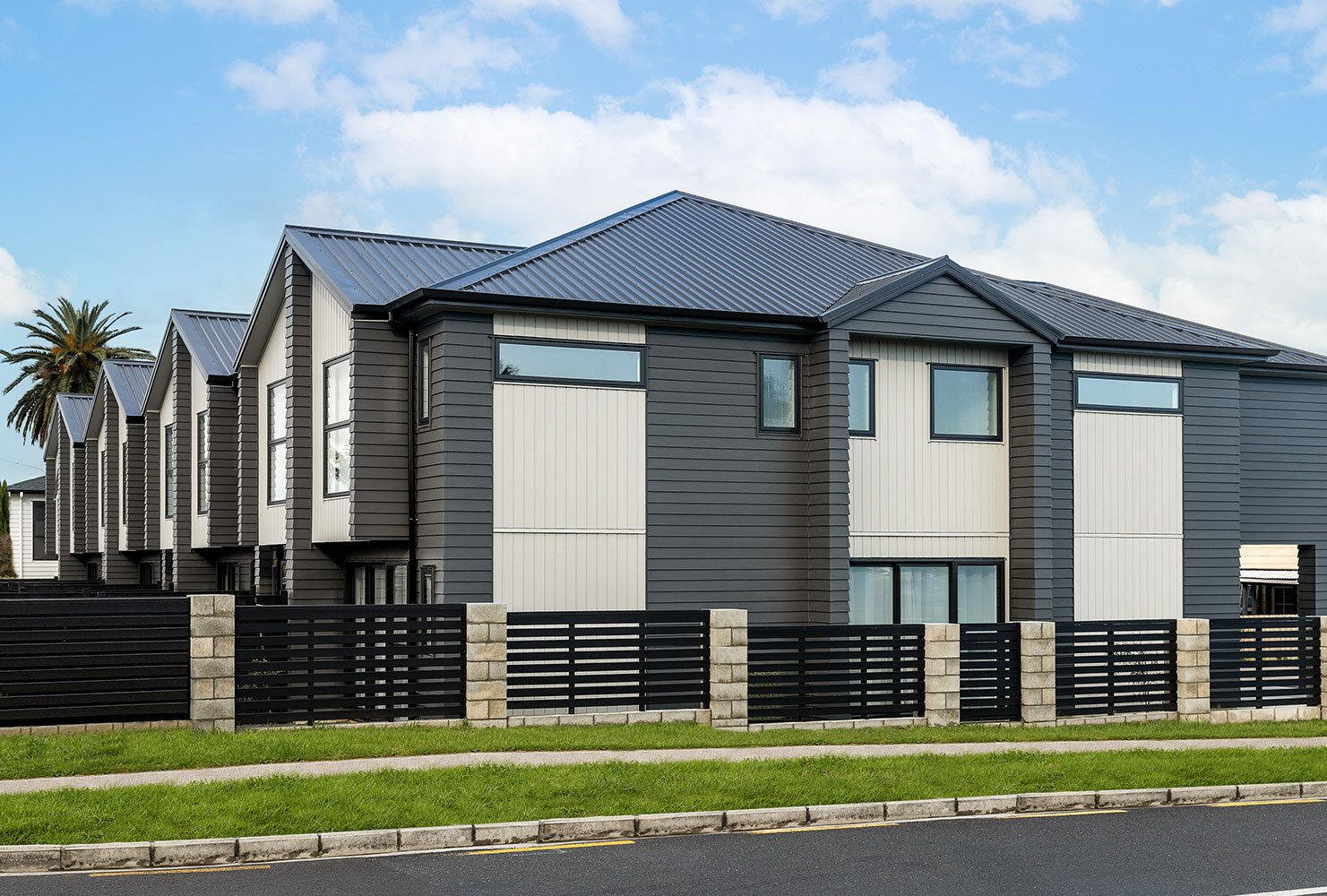Do you want to build a garden shed on cross lease? Have you acquired the consent of your cross lease neighbour? Before starting any construction or renovation on your cross lease property, you need the consent of your cross lease partner. Once your neighbour signs the consent application to build a shed, you may also require approval from the local Council in certain scenarios.
After constructing the shed, it's important to update your flats plan to accurately reflect the current building structure on your cross lease documents. You can contact us to update your flats plan.

Cross Lease Garden Shed - Things To Consider
Building a garden shed on a cross-lease property is subject to the terms and conditions outlined in your specific cross-lease agreement, as well as local regulations and building codes. It's crucial to review these documents and also seek necessary approvals from your neighbour to ensure a smooth and legally compliant construction process.
Here are some considerations:
● Start by carefully reviewing the terms of your cross-lease agreement. It may contain provisions related to building structures or making alterations on the property. Some cross-leases may restrict the construction of additional buildings or structures.
● Depending on the terms of your cross-lease and your relationship with neighbours, you may need to obtain their consent or approval for building a garden shed. Cooperation and agreement among cross-lease property owners can be essential.
● Contact your local council to inquire about any specific regulations or permits required for constructing a garden shed on your property. Local cross lease rules in NZ can vary, and they may dictate factors such as shed size, location, and distance from property boundaries.
● Ensure that the design and construction of your garden shed comply with local building codes and standards. This includes considerations for foundations, materials, and safety.
● If necessary, apply for any required permits or approvals from your local council before commencing construction. Failure to obtain the necessary permits can result in legal issues and potential removal of the shed.
When Do I Need Council Approval To Build A Shed
Many councils have specific size guidelines that determine whether a permit or approval is required for building a shed. Generally, single-storey detached building sheds which include cabins, sleepouts and garden sheds are exempt from council permits if they meet certain criteria, which often include:
● Maximum Floor Area: The shed's floor area typically should not exceed 30 square metres.
● Height Limit: Walls of the shed should generally not exceed a height of 2.4 to 3 metres, which is a standard shed height.
● Boundary Distance: There is often a requirement that the shed be located at least 1 metre away from the boundary fence.
This exemption aims to streamline the process for building owners and eliminate the need to seek consent from their local council for typical construction projects. However, it's essential to ensure that a qualified professional engineer assesses the garden shed's design to maintain safety and quality standards. This step can help save time and money for property owners while ensuring structural integrity.
Who Will Pay the Cost Of Shed Construction?
The responsibility for covering the cost of new construction on the property typically falls on both cross lease owners according to cross lease legislation. However, if you are the sole user of the shed you intend to build, then you have to bear the construction expenses.
It's essential to have clear communication and, if necessary, a written agreement among all parties involved to establish how the costs will be divided and who will be responsible for overseeing the project. Additionally, if permits are required, the property owner seeking to build the shed is typically responsible for obtaining and covering the cost of the necessary permits.
Update Your Flats Plan After Construction
Any alterations or additions to an existing building structure can potentially make your cross lease title defective. Therefore, once you have constructed a garden shed on your cross lease property, it becomes necessary to update your flats plan. This entails conducting a survey of your building and creating a new plan that accurately reflects the current structure.
At this point, it is advisable to seek assistance from licensed cadastral surveyors and lawyers to navigate the process. You can contact Civix for assistance in updating your flats plan after the shed construction in New Zealand.
Convert Cross Lease To Freehold To Avoid Headaches
To avoid potential legal issues and disputes with cross lease neighbours when constructing a garden shed, it is advisable to consider converting your property to freehold. Building on a cross lease property may lead to conflicts with neighbours and they may also want access to the shed.
Furthermore, new constructions on cross leases may not significantly enhance its value unless it is converted to freehold. Because, properties under cross lease titles tend to be less attractive to buyers compared to those with freehold titles.
If you are looking to build a garden shed on your cross lease property or considering the conversion of your cross lease title to a fee-simple title, feel free to reach out to Civix. As licensed cadastral surveyors, we can help you navigate this process seamlessly while ensuring compliance with cross lease legal arrangements.